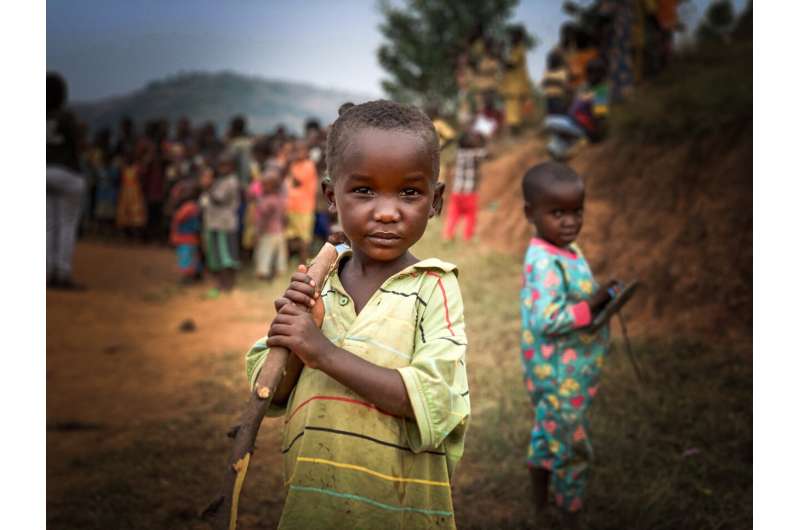Moxidectin Offers Promising Pathway to Rapidly Eliminate Parasitic Infections in Africa

Tens of millions in Africa are impacted by lymphatic filariasis, a parasitic disease transmitted by mosquitoes that causes severe swelling and deformities of limbs and genitals. Despite ongoing treatment efforts that have significantly reduced new cases, the disease still threatens hundreds of millions across the continent.
Recently, a clinical trial conducted in Côte d'Ivoire has revealed encouraging findings about moxidectin, an anti-parasitic medication currently approved for treating river blindness. Researchers from Washington University in St. Louis discovered that moxidectin surpasses ivermectin, the current standard treatment, in tackling lymphatic filariasis.
Moxidectin’s prolonged efficacy in individuals means fewer treatment rounds may be needed, potentially accelerating the elimination of the disease. Unlike ivermectin, which requires annual doses over at least five years, moxidectin could reduce the treatment duration, making disease management more feasible for remote and hard-to-reach populations.
The study, published in The Lancet Infectious Diseases, compared the effectiveness of various drug combinations. Notably, 18 out of 19 patients treated with moxidectin and albendazole cleared their infection within 12 months, while the ivermectin group achieved similar results over a longer period. After 24 months, a significant proportion of moxidectin-treated patients remained microfilaria-free, indicating sustained parasite clearance.
The researchers emphasize that since lymphatic filariasis and river blindness often co-exist, a single effective drug like moxidectin could target both diseases simultaneously, facilitating integrated treatment programs. This is particularly vital in endemic regions, where many people are infected or at risk, with over 26 million in Côte d'Ivoire alone.
The aim is for moxidectin to become part of mass drug administration initiatives, potentially reducing the years needed to eliminate lymphatic filariasis. Experts believe that adopting moxidectin in large-scale programs could help reach populations that are usually missed by repeated dosing campaigns, thereby hastening the global effort to eradicate this debilitating disease.
Overall, these findings suggest that moxidectin could be a game-changer in the fight against parasitic diseases in Africa, offering a faster, more effective solution to disease elimination and improving public health outcomes.
Source: MedicalXpress
Stay Updated with Mia's Feed
Get the latest health & wellness insights delivered straight to your inbox.
Related Articles
Innovative Nasal Vaccine Opens New Front in COVID-19 Defense
A new nasal vaccine developed by researchers could provide an effective way to prevent COVID-19 infection by activating immune responses directly in the upper respiratory tract, offering a promising complement to existing vaccines.
Understanding Weight Loss Options: GLP-1 Medications Versus Surgery
Explore the differences between GLP-1 medications and bariatric surgery for effective obesity management, including indications, procedures, and future prospects.
Innovative Zebrafish Model Offers Insights into How Zika Virus Affects Brain Development
A groundbreaking zebrafish model sheds light on how Zika virus disrupts early brain development, revealing potential pathways for treatment and prevention.



